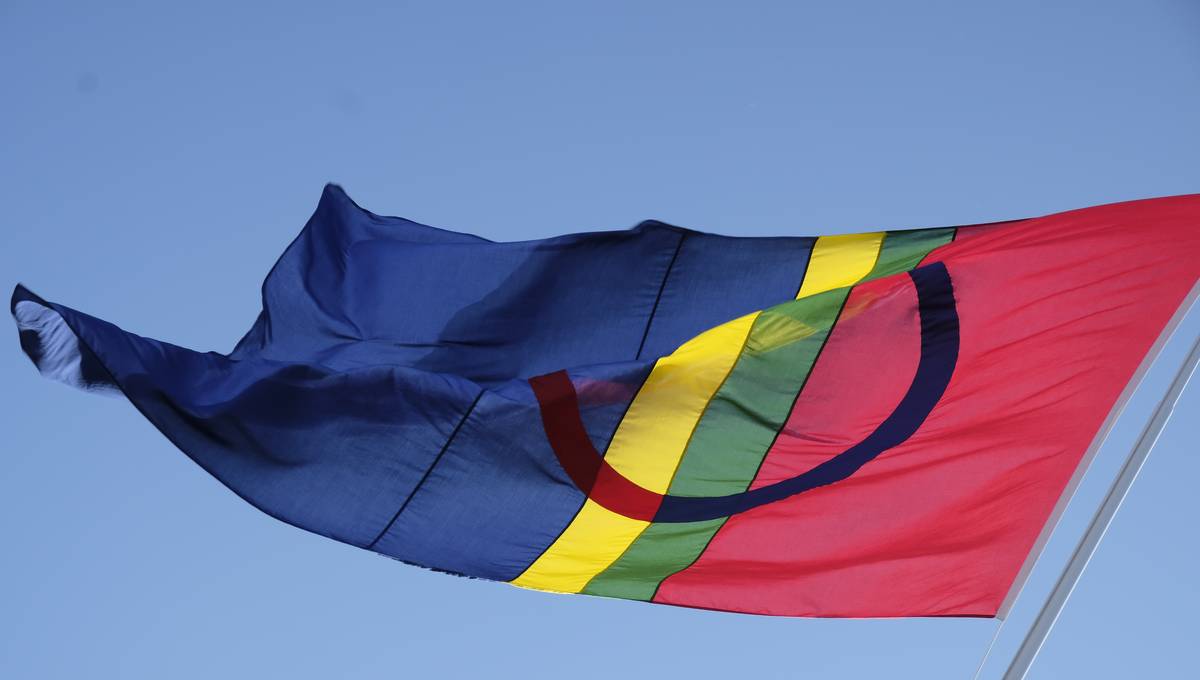The Sami National Day has gradually become a great day of celebration that makes Sami culture and identity visible. We at NRK are delighted that the Sami are becoming more visible in the public space.
We are especially pleased that many young Sami show courage and dare to take new paths. New and clear voices have emerged and become role models that define and challenge the image we have of what it means to be Sami today.
Ella Marie Isaksen Hætta, Vegard Bjørsmo, Agnete Saba and many more show in their own way a proud and modern indigenous culture. They all have something on their minds and they demand to be heard. At the same time, they dare to be Sami in their own way.
The traditional and stereotypical image of the Sami as something exotic and foreign will thus hopefully give way little by little to a far more nuanced image.
A national day is first and foremost about community and identity. This is also the case with the Sami National Day. For the Sami community, the need for community is perhaps particularly important.
The Sami are a people divided by the borders of four states. The traditional settlement area extends from Engerdal in the south to the Kola Peninsula in Russia in the northeast. The Sami are also divided into nine different Sami languages.
Did you know, for example, that South Sámi and Northern Sámi are at least as different from each other as Norwegian and Icelandic? In addition, there are many Sami who do not speak Sami on a daily basis. Over half of the Sami in fact.
At the same time, we know that many Sami feel excluded from the Sami community.
NRK has recently told several stories about Sami who do not feel “Sami enough”, both in meetings with other Sami and society at large.
These stories are important and perhaps tell something about the consequences of a brutal Norwegianisation policy. The wounds are still many and unfold in different ways.
One of NRK’s most important assignments is about building community. That is why we at NRK want to use the national day to build bridges in the Sami community. We want to showcase the diversity of Sápmi. From north to south. Sami in village and town. Sami speaking or not. Young or old. Today all belong to the Sami.
But in addition, we want today to be a day that the whole of Norway takes part in and celebrates together. Therefore, we invite the whole of Norway to a party in prime time on NRK1, 6 February right after Søndagsrevyen.
Sami and Norwegians also belong to a community and share a long common history. Did you know, for example, that the Norwegian royal line has a Sami origin? Harald Hårfagre, Norway’s first king, was married to the Sami woman Snøfrid.
Today marks the day that Sami pioneers gathered for their first national meeting in Trondheim in 1917. They stood up against long-term injustice. With that, the starting shot was fired for a long journey towards equality and acceptance within four powerful states.
Even though we still have a long way to go, the vast majority of us will still agree that we have come a long way.
NRK has been on this journey for over 75 years – since the first Sami-language radio broadcasts in 1946. We know that the offer is still important and appreciated. Being allowed to hear, see and use one’s own language is important for all people.
We also believe that it is an enrichment for Norway that we at NRK have newsrooms that can see the world from an indigenous perspective. But we also need someone who looks at the Sami community with a critical eye and who manages to challenge.
We therefore feel confident that NRK’s role in the development of the Sami language, culture and identity is at least as relevant today as it was 75 years ago.
We are looking forward to the continuation. Not least, we look forward to celebrating the Sami National Day for at least another 75 years.
We say laahkoeh biejjine in South Sámi, vuorbbe biejvijn in Lule Sámi and lihkku beivviin in Northern Sámi! Happy birthday everyone!
–

